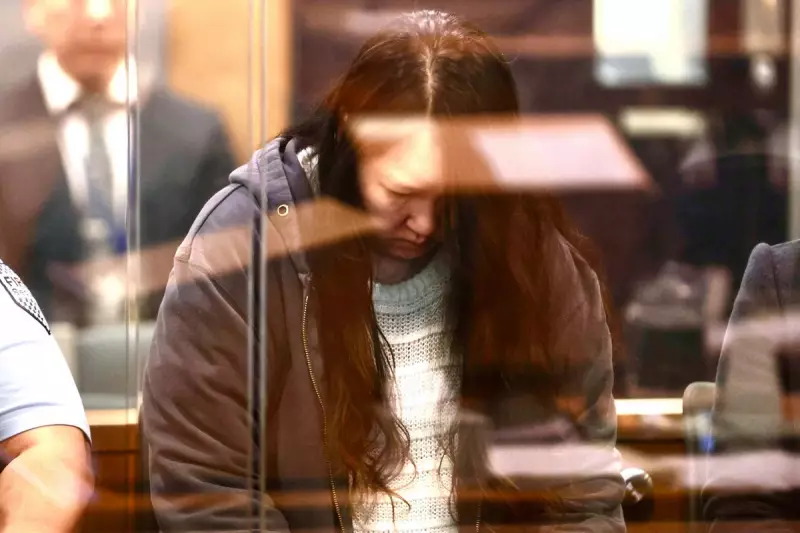
The High Court in Auckland has delivered a guilty verdict in a case that has horrified New Zealand and captured international attention. A South Korean woman, whose identity remains suppressed, has been convicted of murdering her two young children, whose remains were found stored in suitcases bought at an online auction.
The jury reached its decision after a intense trial, finding the 42-year-old defendant guilty on two counts of murder. The court heard how the children, a boy and a girl aged 7 and 10, were killed in South Korea in late 2017. Their bodies were then transported to New Zealand in the suitcases, which were subsequently placed into a storage facility.
A Chilling Discovery
The grim discovery was made in August 2022 by an unsuspecting family from Manurewa, South Auckland. They had won the contents of the storage unit in a blind auction and were horrified to find human remains inside two suitcases as they unpacked their new belongings.
Evidence presented during the trial painted a picture of severe neglect. The court was told the children had been dead for several years before their remains were discovered. A pathologist's report concluded the boy had likely died from a blunt force injury to the head.
A Web of Deceit and a Flight from Justice
The prosecution detailed how the defendant had meticulously covered her tracks. She had created fake text messages to simulate communication with the children after their deaths and had told friends and family various lies about their whereabouts, claiming they were living with a wealthy couple or had been sent away for special education.
After the murders, the woman fled South Korea and arrived in New Zealand in 2018. She lived in South Auckland for several years until the discovery of the suitcases prompted an international manhunt. She was eventually tracked down and arrested in the city of Ulsan, South Korea, in September 2022 and extradited to New Zealand to face trial.
Throughout the proceedings, the defendant maintained her innocence. Her defence lawyer argued there was no direct forensic evidence, such as DNA or fingerprints, linking her to the suitcases or the murders. However, the jury found the circumstantial evidence overwhelming.
Justice Anne Hinton remanded the woman in custody until her sentencing on a date yet to be determined. She now faces a mandatory life sentence in a New Zealand prison.





